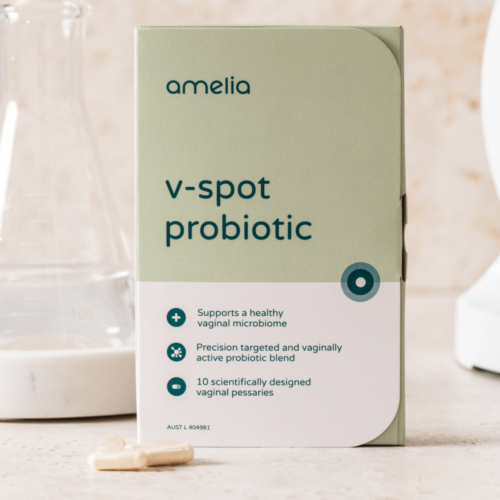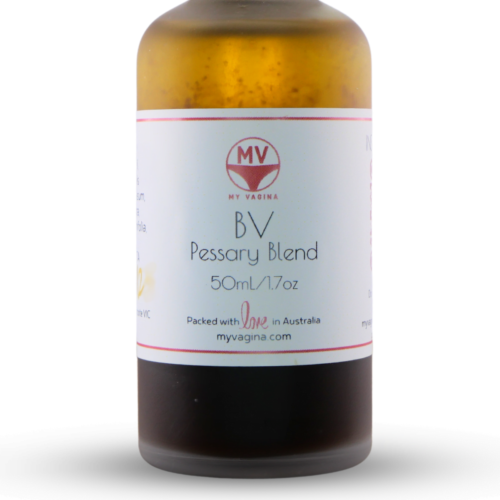Prevotella bivia is a gram-negative anaerobic bacteria that can cause or is associated with pelvic inflammatory disease and bacterial vaginosis.
Species in the Prevotella family are known to cause respiratory, mouth and vaginal infections, though some species also reside harmlessly in the gut.
P. bivia is a pH-sensitive microbe, which has implications for women with bacterial vaginosis (BV), since BV is considered to be a high-pH condition.
Whether P. bivia causes or contributes to a less acidic vaginal environment is unknown, but it grows better in this type of environment. Using pH lowering treatments could be useful in treating BV that is related to P. bivia, such as boric acid.
In this study of P. bivia, the following was observed regarding pH:
- pH 6.0 – CFU (colony-forming units) was 7.93 per ml
- pH 5.5 or 5.0 – CFU decreased by 1.39 CFU/ml/day
In observations of over 2,000 women, P. bivia was frequently isolated as a commensal in healthy, non-pregnant fertile-aged women.
Prevotella spp. was identified as one of five major factors that could be used to calculate the likelihood that any given microbiota is within the ‘normal’ range; an unexpected finding, since P. bivia is typically present 100-times less than other numerically dominant organisms.
Diagnosing bacterial vaginosis with P. bivia in it
Those diagnosed with BV tend to have altered vaginal microbiomes than healthy people, with the BV vagina dominated by anaerobic gram-negative rod bacteria like Prevotella spp., Gardnerella vaginalis, Peptostreptococcus spp., Mycoplasma hominis, Ureaplasma urealtyticum, and Mobiluncus spp. in much higher concentrations than in asymptomatic women.
References
The Effect of pH on Growth and Succinate Production by Prevotella bivia, V. Pybus & A. B. Onderdonk, Microbial Ecology in Health and DiseaseVol. 9 , Iss. 1,1996
Specially formulated probiotic for vaginal application to promote a healthy vaginal microbiome.
Unique, comprehensive BV, AV and 'mystery bad vag' treatment guide, one-of-a-kind system, with effective, innovative treatments.





